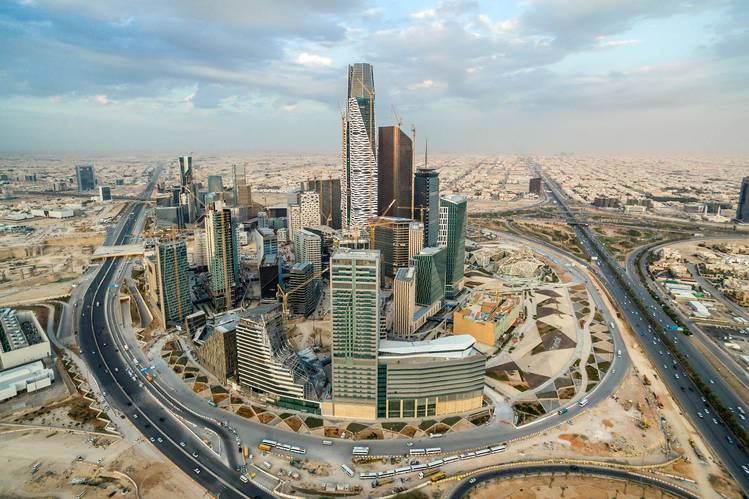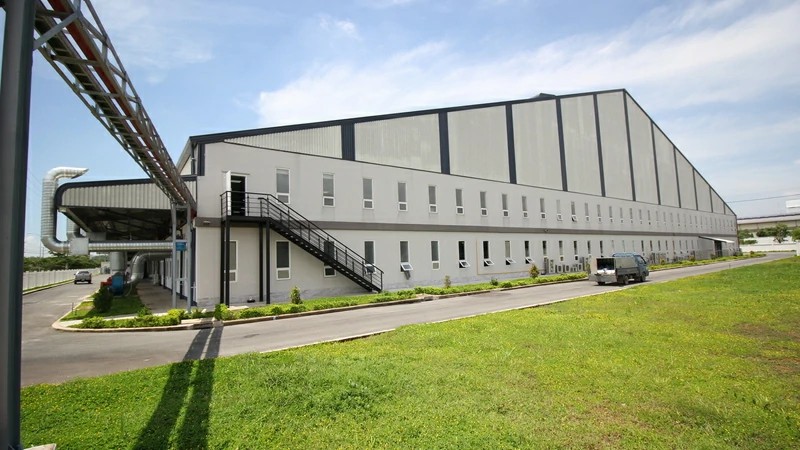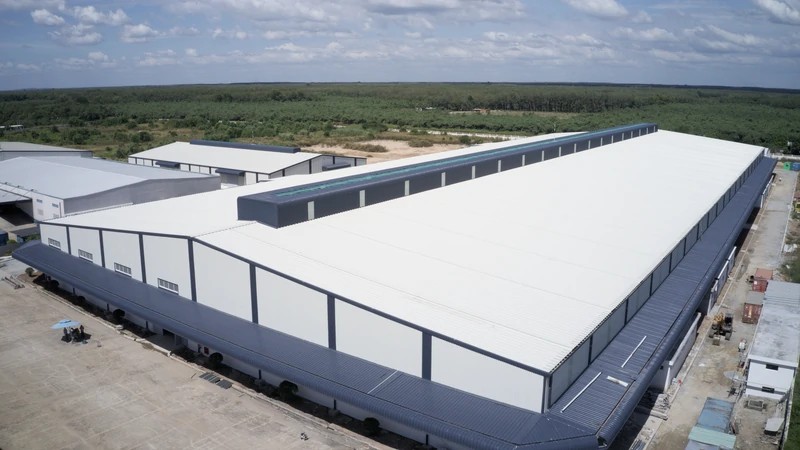What do real estate companies do?

Real estate is real property that consists of land and enhancements, which cover buildings, appliances, roads, constructions, and utility operations. Property preferences provide a title of ownership to the land, additions, and natural supplies such as metals, plants, animals, water, etc.
What are the 3 types of real estate?
There are various types of real estate and with a different purpose and efficiency. The main sections are:
- Land
- Residential
- Commercial
- Industrial
For anyone looking to know how the industry runs and what all of the main categories represent, the descriptions below will be a significant guide.
1. Land of real estate companies
The land is the baseline for all types of real property. Land typically commits to undeveloped property and abandoned land. Developers acquire land and consolidate it with other properties (called an adjustment) and rezone it so they can improve the frequency and increase the advantage of the property.
2. Residential of real estate companies
Residential real estate consists of housing for people, families, or groups of people. This is the most popular example of an estate and is the asset quality that most people are accustomed to. Within residential, there are single-family homes, apartments, condominiums, townhouses, and other types of living modifications.
3. Commercial of real estate companies
Commercial property belongs to land and buildings that are used by corporations to carry out their employment. Examples include shopping malls, individual markets, office buildings, parking lots, medical centers, and resorts.
4. Industrial of real estate companies
Industrial real estate attributes to land and buildings that are used by industrial companies for plans such as factories, building productions, analysis and development, architecture, transportation, logistics, and warehousing.
Who are the top real estate companies?
1. Simon Property group – One of the top real estate companies

Simon Property Group is an American industrial real estate company with a total leasable area of 241 million rectangular feet in 325 properties in just North America and Asia. It is also the largest local REIT with an exchange capitalization of 55 billion dollars. Simon Property Group is including the largest shopping mall supervisor in the US, with a global annual sales amount of 5.6 billion dollars and a gain of 2.5 billion dollars. It ranked #3 on Forbes’ list.
Branch: Thailand
Founded year: 2008
Employee: 501-700
2. CBRE Group – One of the top real estate companies

CBRE Group is one of the world’s largest commercial real estate companies, with an income of 21.34 billion dollars for the year ended 2018-19. For the end of that economic year, Forbes has ranked it 143 on its list of Fortune 500 companies. It has been on that record every year since 2008. CBRE Group Inc follows more than 90 of the top 100 companies on Forbes’ Fortune 500 companies list. For the financial year 2018-19, it had 90,000 agents and had a market capitalization of 21.4 billion dollars. On NYSE, it had a 52-week high of 65 and a 52-week low of 45 dollars.
Branch: Thailand
Revenue: 10M-100M
Founded year: 1988
3. Cushman and Wakefield PLC

Cushman and Wakefield PLC is among the top money-making real estate companies in the world, serving more than 3.6 billion rectangular feet of building space. For the year 2018, it had a revenue of 8.2 billion dollars and has a labor power of 51000 employees. In 2015, DTZ and Cushman & Wakefield united and continued operating under Cushman & Wakefield brand only. Despite having such high perimeters, its market top is only 4.3 billion dollars.
Branch: Vietnam
Revenue: 1M-5M
Founded year: 2007
4. JLL – One of the top real estate companies

JLL is the world’s second-largest retail real estate company in the world. It is ranked 189th on Forbes’ Fortune 500 companies list. In addition to the real estate organization, it also provides property and asset administration, buildings management, capital markets, advisory, and interviewing services. For the year 2018-19, it had a revenue of 16 billion dollars and a net profit of 491 million dollars. Its possibilities are one reason its market cap is 9.2 billion dollars. As of 2019, it conducts in 80 countries and an agent force of 91000.
Branch: Singapore
Which companies own the most real estate?
There has been an important shift in commercial real estate over the years. More companies have rotated away from owning the real estate they appropriate, fancying rather hire space from real estate-focused items like real estate property trusts (REITs). As residents, instead of property owners, these real estate companies have more resources to reinvest in their core procedures.
Real estate of Macy’s
As a mall-focused office store, Macy’s real estate company seems an extraordinary real estate mogul. However, the company holds many of its places, including its flagship Herald Square building in Manhattan. Plant fund Starboard Value pegged the value of the company’s real estate empire at $20 billion in early 2016. Despite a more current valuation by investigators at Cowen (NASDAQ: COWN) recommends it’s worth between $5 billion and $8 billion.

The retailer has been operating on monetizing its real estate federation to mute the force of the retail apocalypse. It has sold more than $1.5 billion of properties during the last several years to sustain its balance sheet. Meanwhile, it partnered with real estate giant Brookfield Asset Management (NYSE: BAM) to craft a plan that could modify 50 locations into mixed-use properties that include offices, hotels, or apartments built on parking lots owned by Macy’s. It’s also trying to use the value of its real estate to secure financing so that it can navigate through the COVID-19 outbreak.
Branch: New Zealand
Founded year: 2004
Real estate of McDonald’s
Most people believe in Mcdonald’s Property as a fast-food restaurant. Despite as the company’s patron, Ray Kroc, has said, they’re in one of the real estate companies, not the hamburger company. As an effect of that focus on real estate, the company dragged in $7.5 billion of rental revenue in 2019, which was slightly more than a third of its corporate revenue last year.

McDonald’s real estate approach has it holding most of the property — land and buildings — for both corporate-controlled and franchised restaurants. It held 55% of the land under its restaurants (worth about $6 billion) and approximately 80% of the natural buildings (valued at $29.6 billion). That gives it more power over its franchisees and provides it with an even more durable income stream than the popular franchise fees. Those are important competitive benefits compared to fast-food opponents that focus only on collecting franchise-related fees.
Branch: Australia
Real estate of Walmart
Walmart (NYSE: WMT) is a different retailer that favors owning its real estate. At the end of last year, the company owned 4,701 of its 5,542 properties in the U.S., which included Walmart and Sam’s Club stores as well as administration buildings. In addition to that, the company owned 6,688 of its 11,909 global retail and distribution facilities.

Many Walmart positions are so large that they have room to house other inhabitants, which pay to rent space in its stores. The company leases space to more than 10,000 businesses such as hair and nail salons, optometrists, restaurant concessions like McDonald’s, veterinary hospitals, and bank departments. While the company doesn’t break out how much rental income it receives, since it’s a small portion of its overall sales, leasing its real estate is one more way the retailing giant generates cash for its investors.
Branch: Australia
Conclusion
For all these reasons, an increasingly attractive path when investing in real estate is to build alliances and collaborate. Such a strategy offers resilience in the face of various risk-laden scenarios, financial or otherwise. Equipped with a plan of action, investors can navigate the uncertainty and seize the opportunities that exist in the dynamic universe of real estate.
It’s time to look for more businesses information
BizDirect Asia is Asia’s largest B2B contacts and companies data portal encompassed more than 17 million companies and 50 million business contacts across 1,000+ industries in 16 countries in Asia. Updated in real-time by our proprietary AI-powered system.

Accurate data is at the heart of everything you do — account selection and segmentation, email and web-based personalization, trade shows and events, direct mail campaigns, account-based marketing, and lead qualification all rely on up-to-date information.
BizDirect Asia – Companies & Contacts Data packed with fresh and complete data on your top targets is designed to drive business growth by helping sales, marketing, and recruiting professionals find, connect, and sell more effectively.










